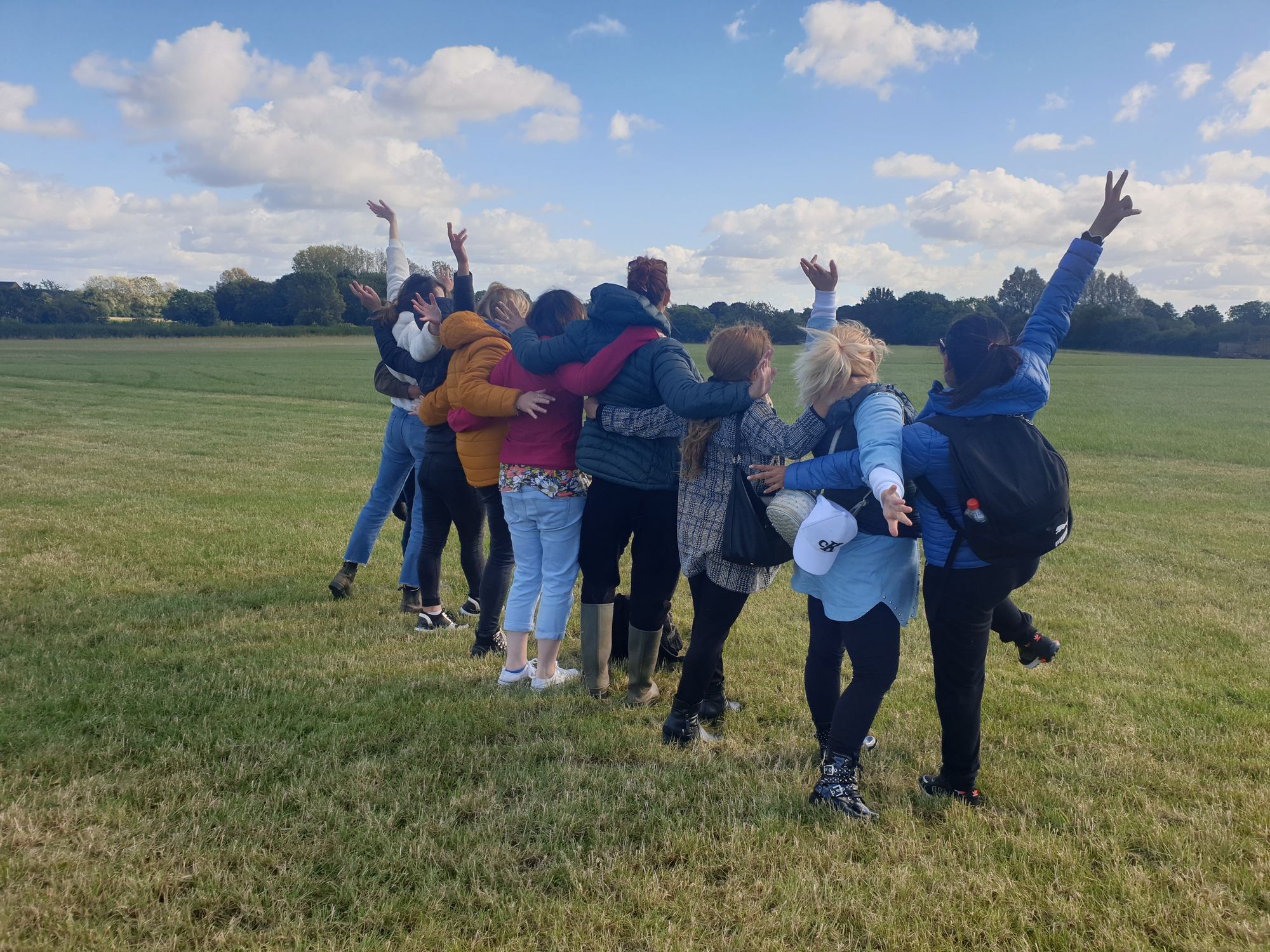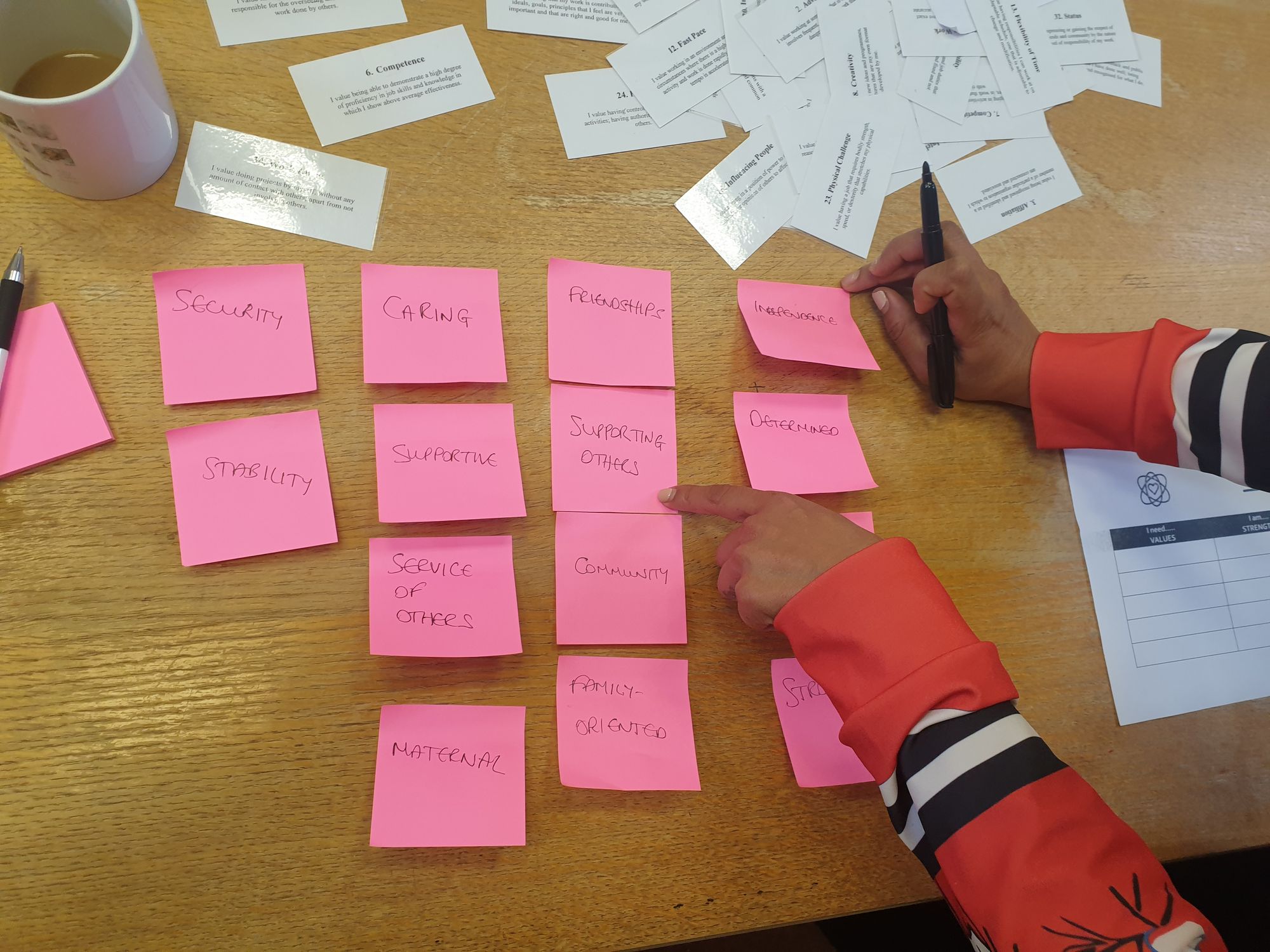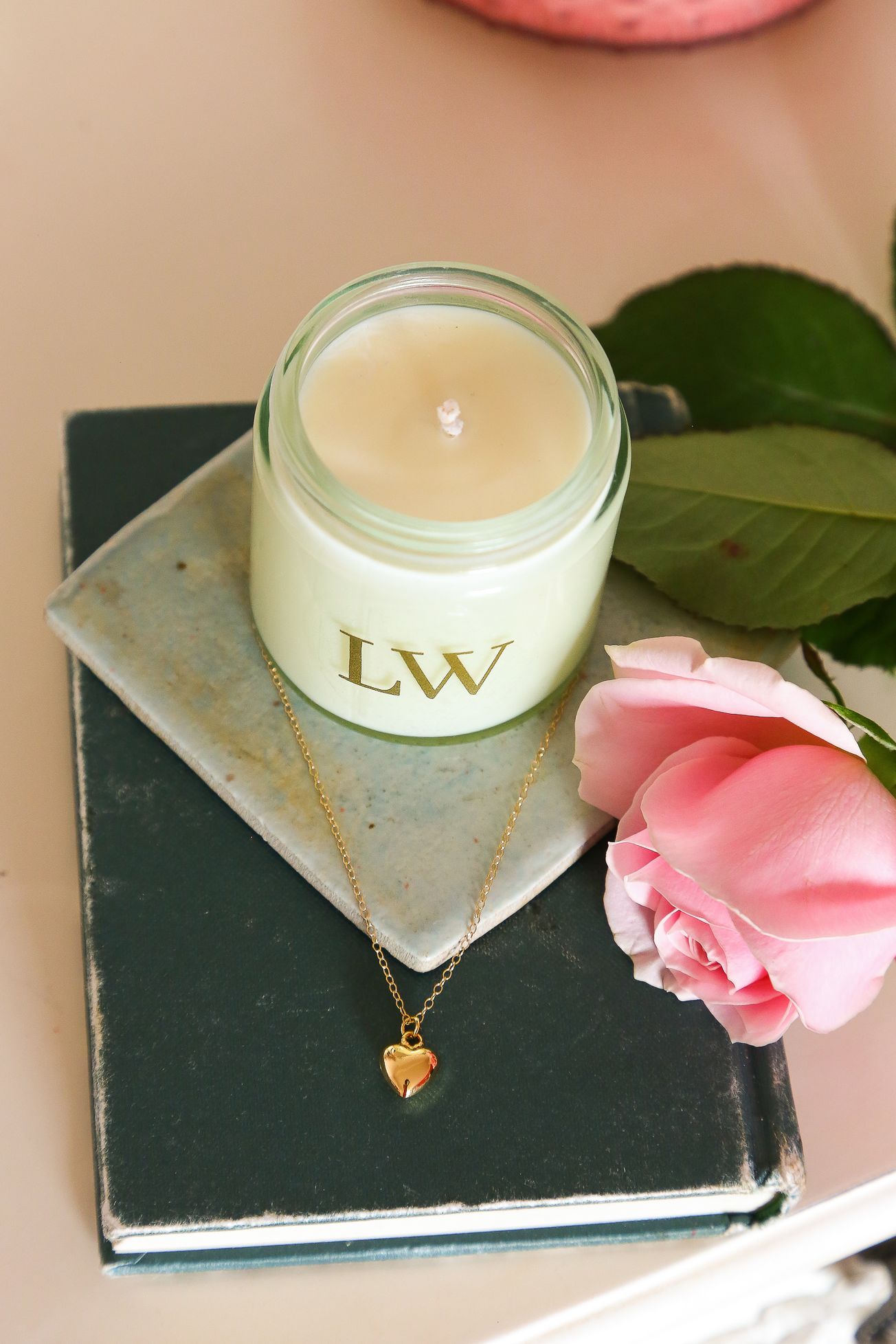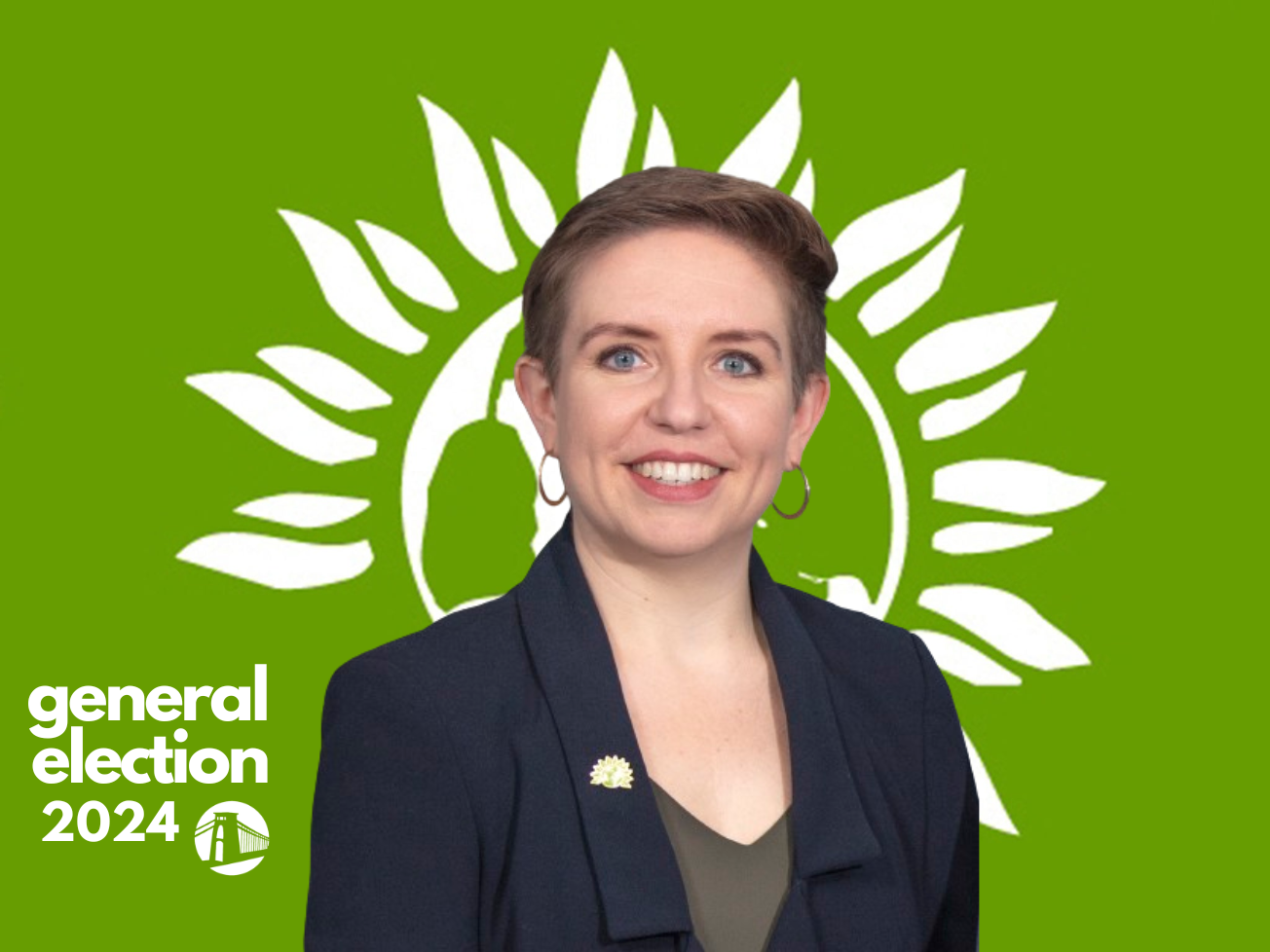By Juliette Dudley, Fourth Year Hispanic Studies
LoveWell UK, headed by CEO Claire Dormand, is a Bristol-based Community Interest Company (CIC) that sells beauty and wellbeing products to fund training and support for women who are victims of abuse, modern slavery and sex trafficking. They have created a workplace where women come to upskill and improve their confidence, all with the aim of ‘empowering women to get back into employment’.
The concept of LoveWell was born out of frustration towards the lack of opportunities to help women find employment after experiencing exploitation and trafficking. Women and girls make up the majority of all human trafficking victims: of the 13,000 estimated people held in slavery in the UK, around 71 per cent are women and girls. Having previously worked in a city centre hostel, Claire has witnessed first hand ‘people circling the bottom rungs of the ladder’, and seen how easy it is for victims to fall back into a cycle of addiction, homelessness and other difficulties without the right support.
LoveWell successfully ran its first programme in September 2020, during the pandemic. Working on a part-time basis, the women create beauty products whilst also attending life skills workshops. These operate in harmony to build their confidence and self worth.
‘They are choosing to come into LoveWell’, Claire told Epigram of the women who choose to participate in their programmes. They come from a variety of backgrounds, ranging from working in exploitative ‘massage parlours’ to having left abuse or human trafficking, and are usually referred to LoveWell by other social organisations. The work done in LoveWell’s six-month training programme is trauma-based, empowering women in a nurturing environment and providing them with a safety net to help them cross the bridge into formal employment.
‘Every reader of this article will know of a female in their lives who has really had to overcome struggles. Or it might even be yourself,’ said Claire. “Be encouraged, seek out the support that you need to be empowered in your life’.
‘Lovewell's products are not only visually beautiful, they are made using sustainable materials sourced from suppliers and cooperatives also working to support women’
According to Unseen UK, an estimated 50 million people are in modern slavery around the world, of which 6 million are victims of forced commercial sexual exploitation. Women make up 99 per cent of these victims. UNODC Executive Director Yury Fedotov has said, ‘Trafficking for sexual exploitation and for forced labour remain the most prominently detected forms, but victims are also being trafficked to be used as beggars, for forced or sham marriages, benefit fraud, or production of pornography’. While there is no ‘typical’ case of human trafficking, risk factors that contribute to women’s vulnerability to being trafficked include prior victimisation and trauma, family disruption, immigrant or refugee status, disabilities, and membership in a marginalised group.
Claire explained the struggles for many women trying to leave exploitative sex work behind. Many lack the required qualifications, and do not have the capacity to gain experience volunteering in non-paid roles, or working in low-skilled and low-pay employment, due to co-dependents. Unlike voluntary organisations, LoveWell trades as a business, with all profits going back into funding the training programme and paying the women for their work: ‘The more we trade, the more women we can help’.

The women learn transferable employability skills, working in customer service, branding, order fulfilment and creating content for social media. But it is the inspiring work environment created by the LoveWell team that so contributes to the drastic change they often see in individuals in the space of under a month. ‘I am beyond proud to work with them and to run an organisation which supports them, because I see the visible changes in people every single day’.
Not only are the women taught the necessary skills to excel in the working world, they are also given Mathematics and English tutors, alongside life and employability-ready training. The life skills workshops encourage women to discover their own confidence, create healthy boundaries and learn how to deal with conflict in the home and at the workplace. This enables them to ‘step into new futures and make choices for themselves, where difficulties and trauma have meant that choices have been taken away from them’.
Claire emphasised how proud she is of the entire LoveWell team and how incredibly impactful it is to watch a woman go through the programme. Remembering past employees, Claire told Epigram about Molly*, who had pushed through personal and physical challenges to create a better future for both herself and her child, who lived abroad with grandparents.
Outside of their work, the women are supported by social workers who help them to find safe housing, childcare and financial stability, as well as by individual volunteer mentors at LoveWell. The mentors provide advice from their own experiences, help to write CVs, proofread job applications and act as a sounding board to aid the transition out of the programme and into a formal work position, assuring the longevity of the programme.

LoveWell’s products are not only visually beautiful, they are made using sustainable materials sourced from suppliers and cooperatives also working to support women, making them ‘Good for your body, good for the planet, and good for the places it comes from’.
Boys at the Crossroads: navigating masculinity, anger and incel culture
In conversation with award-winning Dutch director, Emma Branderhorst, whose Oscar-qualified short film Spotless breaks the stigma surrounding period poverty
Claire emphasised that an appreciation of the skills required to turn raw materials into a beautiful finished product can have an incredibly empowering impact on the women: ‘Seeing people pay a high price for something she has made is inspiring’. The candles, bath salts and oils are a powerful metaphor for the self care and wellbeing their crafters go through when working with LoveWell—‘With the products that we sell, we want them to not only nourish and do good to the people who purchase them, but also to nourish and do good to the women who have made them’.
LoveWell have kindly offered Epigram readers a 20% discount off anything bought from the LoveWell store, up until December 31st 2022. Use code: Epigram22.
If you, or someone you know, are interested in becoming a mentor, contact LoveWell at info@lovewelluk.com.
Featured Image: Lovewell Bristol








